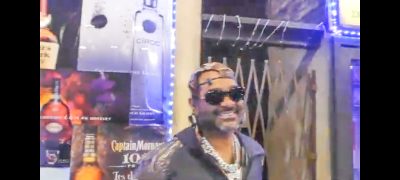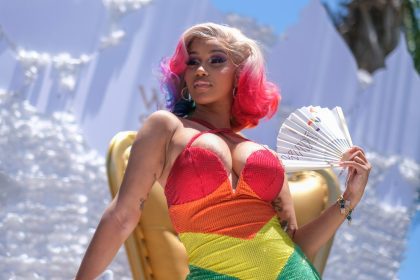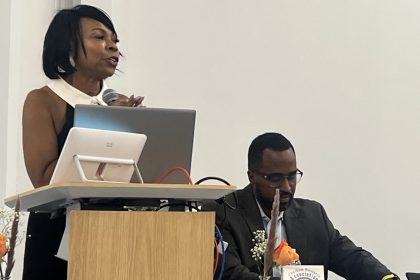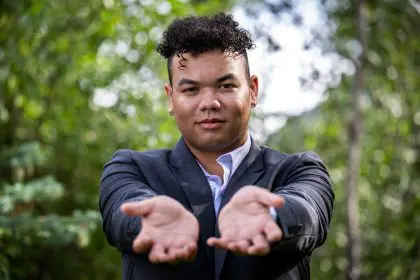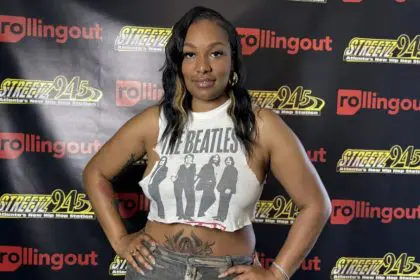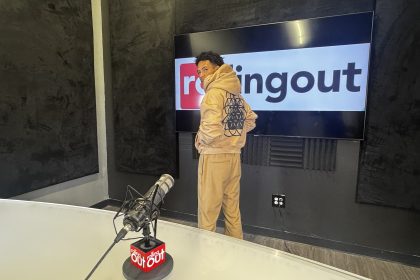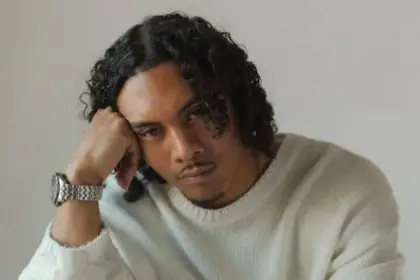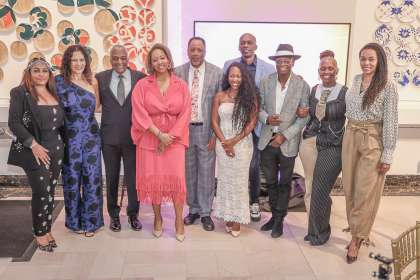Sean “Diddy” Combs has long been a symbol of success in hip-hop, with artists frequently referencing his career and wealth in their lyrics. Over decades, Diddy stood as a testament to the music industry’s allure: power, influence, and affluence.
However, recent controversies surrounding Diddy—including allegations of sexual assault—have cast a shadow on his legacy. This shift is evident in the way musicians now mention his name, reflecting changing attitudes and a reckoning within the hip-hop community.
1. Kesha’s lyrical pivot
In 2009, Kesha catapulted into pop fame with her hit song that featured the iconic line, “Wake up in the morning feeling like P. Diddy.” The lyrics encapsulated a carefree lifestyle that resonated with fans worldwide.
However, more than a decade later, Kesha’s relationship with this lyric evolved. During a TikTok video, she humorously reworked the line to “Wake up in the morning like f**k P. Diddy.” This playful edit underscores how public sentiment and personal feelings toward controversial figures can lead to reinterpretations of popular art.
2. Eminem’s cutting critique
Never one to shy away from contentious topics, Eminem has often used his platform to call out prominent figures in the industry. In one of his recent tracks, he draws parallels between Diddy and hip-hop’s darker controversies, suggesting the perils of entanglement with the mogul.
For Eminem, the mention of Diddy isn’t about celebration but a warning—a sharp contrast to the earlier lyrical portrayals of the music entrepreneur as a symbol of triumph.
3. Kendrick Lamar’s nuanced diss
Kendrick Lamar, renowned for his intricate storytelling and thought-provoking lyrics, referenced Diddy in a diss aimed at Drake. The line alluded to a notorious altercation where Diddy allegedly slapped the Canadian rapper, turning a personal moment into a commentary on power dynamics within the industry.
Kendrick’s lyric not only highlights the incident but serves as a subtle critique of the culture that allows such behavior to go unchecked, marking a departure from Diddy’s once untouchable status.
4. Nicki Minaj’s wealth anthem
In her 2014 hit, Nicki Minaj celebrated her success alongside Diddy, rapping, “You seen that list? It was me, Baby, Jay-Z, and Diddy.” At the time, these words conveyed aspiration and validation, placing Diddy among a pantheon of iconic hip-hop entrepreneurs.
Yet, in today’s context, with allegations surrounding both Diddy and Jay-Z, this verse takes on a more complicated meaning. The line now evokes questions about accountability and the broader implications of celebrating figures whose reputations are under scrutiny.
5. Pusha T’s layered metaphor
Pusha T, celebrated for his lyrical depth, has also invoked Diddy’s name in his work. In the intro to his acclaimed 2018 album, Pusha raps, “A rapper turned trapper can’t morph into us/But a trapper turned rapper can morph into Puff.”
This metaphor was initially seen as a nod to Diddy’s remarkable transformation into a music mogul. Today, however, it reflects a layered acknowledgment of Diddy’s influence, tinged with the complexities introduced by recent allegations.
6. Altered lyrics post-controversy
In an unusual move, some artists have chosen to revise their lyrics in light of the backlash against Diddy. A 2015 track originally included the line, “Walk for me, baby/I’ll be Diddy, you’ll be Naomi, woah-oh.”
Following the allegations, the artist reworked the lyric to remove Diddy’s name entirely, opting instead for a neutral, “Walk for me, baby/I’ll be watching you be Naomi.” This conscious distancing illustrates how artists are navigating their relationship with Diddy’s legacy in real time.
A shift in hip-hop culture
The shifting mentions of Diddy in hip-hop music reflect a broader cultural moment. Artists are increasingly reexamining their associations with powerful figures, recognizing that fame and influence do not exempt individuals from accountability.
While Diddy’s name has historically been synonymous with aspiration, it now evokes a more complex mix of admiration, critique, and caution. This evolution underscores a pivotal moment in hip-hop, where the culture is grappling with its role in shaping and perpetuating narratives.
The role of public perception
The transformation of Diddy’s portrayal in lyrics parallels changes in public opinion. As allegations against him gained traction, fans and artists alike began reinterpreting past references, scrutinizing how they reflect evolving values.
For many, this shift serves as a reminder of the power of art to adapt and respond to societal changes. The music industry, particularly within hip-hop, has always been a mirror of cultural dynamics, and the reassessment of Diddy’s legacy is no exception.
Looking ahead
As hip-hop continues to evolve, so too will the way artists reference figures like Diddy. This moment of reckoning offers an opportunity for introspection within the industry, encouraging artists to consider the broader implications of their words.
For fans, the changing tone of Diddy mentions serves as a testament to the genre’s resilience and its ability to adapt to cultural shifts. Whether through critique, omission, or reimagined lyrics, the legacy of Diddy in hip-hop will undoubtedly remain a fascinating narrative to follow.

